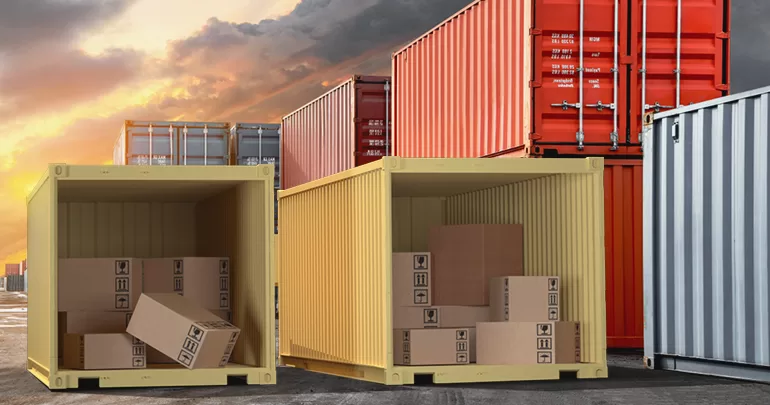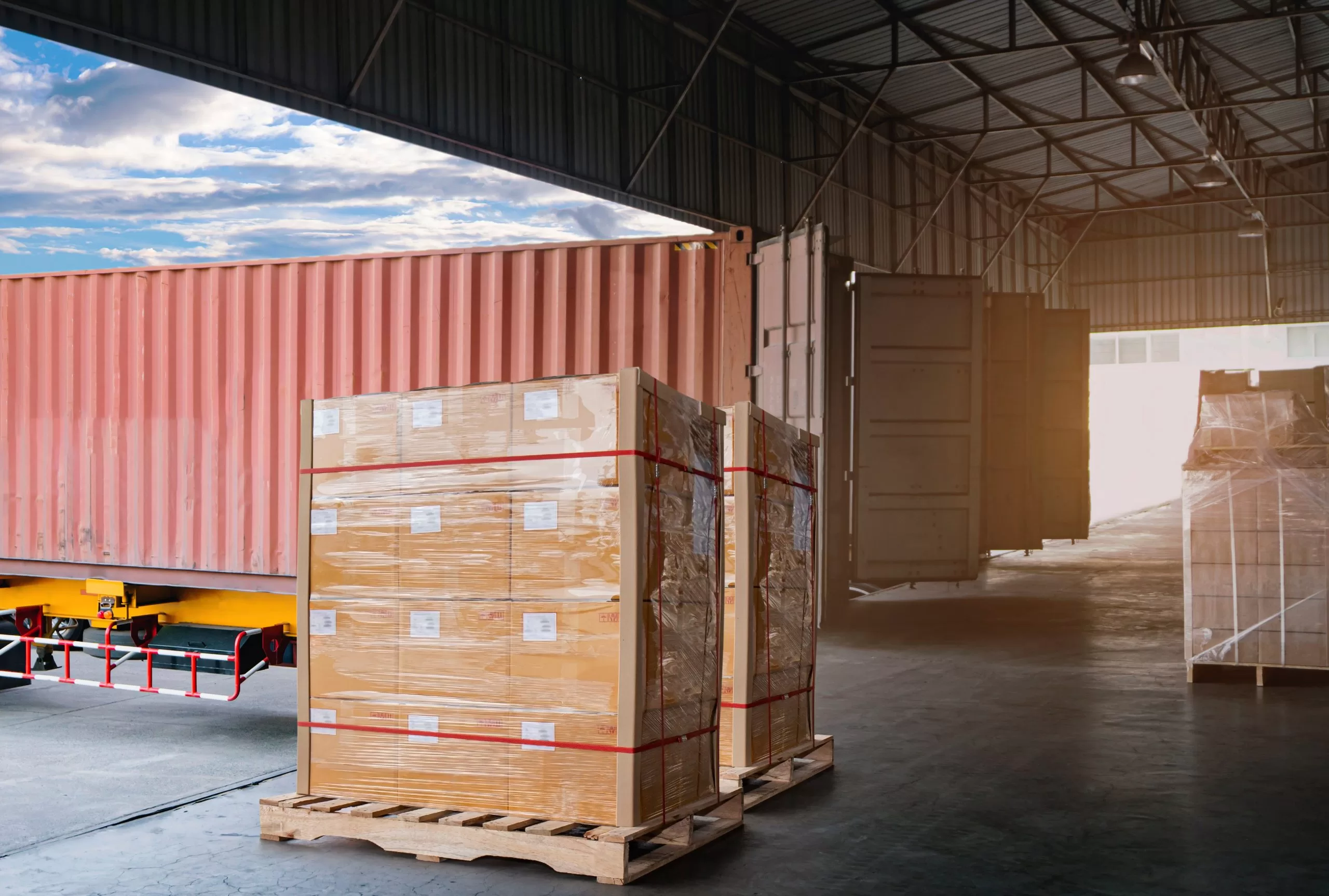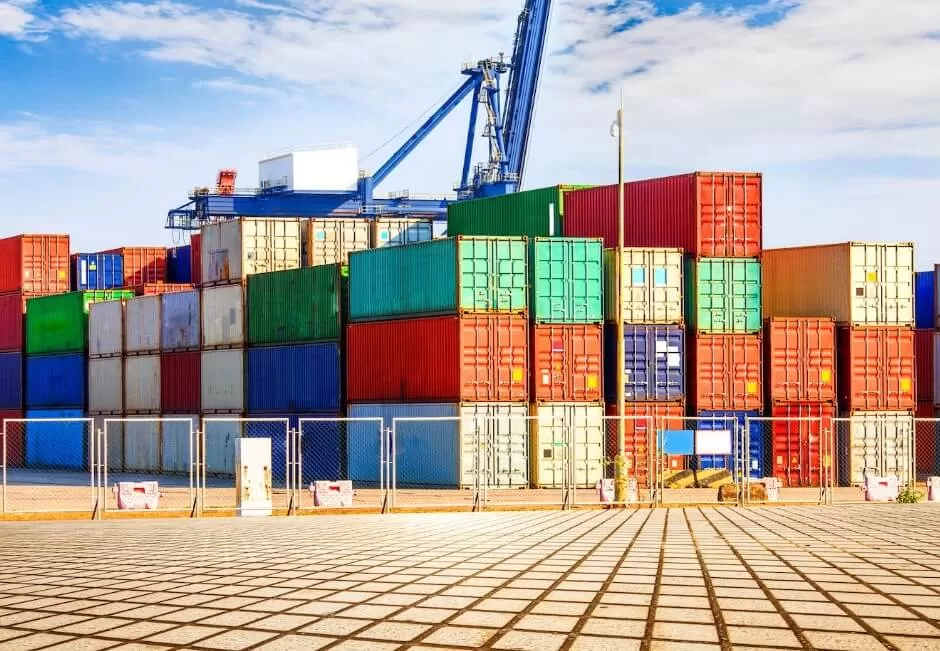Choosing the Right Freight Forwarder for Your LCL Service Needs
Less-than-Container Load (LCL) shipping is a cost-effective solution for small and mid-sized businesses. Unlike Full Container Load (FCL), LCL Service allows multiple shippers to share container space, reducing expenses. However, selecting the right freight forwarder is critical to ensure smooth logistics. A reliable partner can optimize transit times, minimize risks, and provide end-to-end visibility.
Freight forwarders specializing in LCL Service handle consolidation, customs clearance, and last-mile delivery. They must have strong carrier networks and expertise in navigating international regulations. Choosing the wrong provider can lead to delays, hidden fees, or damaged goods. This guide will help you identify the best freight forwarder for your LCL Service needs.
Key Considerations for Choosing the Right LCL Service Freight Forwarder
Experience in LCL Service should be your top priority. Look for forwarders with a proven track record in your industry. They should understand commodity-specific requirements, such as temperature control or hazardous material handling. A well-established provider will also have long-term relationships with shipping lines, ensuring better rates and reliability.
Another crucial factor is transparency in pricing. Some forwarders offer low base rates but add hidden surcharges later. Request a detailed breakdown of costs, including origin fees, ocean freight, destination charges, and customs duties. A trustworthy freight forwarder will provide clear, upfront pricing with no surprises.
The Importance of Global Network and Local Expertise
A strong global network separates top-tier freight forwarders from mediocre ones. Providers with offices or agents in key ports can resolve issues faster. For LCL Service, this means smoother cargo consolidation and deconsolidation. Check if your forwarder has direct partnerships with carriers in major trade lanes like Asia-Europe or Trans-Pacific.
Local expertise is equally important. Customs regulations vary by country, and delays often occur due to documentation errors. Your forwarder should have in-depth knowledge of import/export rules in both origin and destination markets. They must also assist with paperwork, such as bills of lading and certificates of origin.
Technology and Visibility in LCL Service Management
Modern freight forwarders use advanced software to track shipments in real-time. A robust LCL Services provider will offer a digital platform for booking, documentation, and status updates. Look for features like automated alerts, milestone tracking, and predictive analytics for delays.
Data integration is another advantage. Forwarders that sync with your ERP or inventory system streamline operations, reducing manual errors and improving supply chain efficiency. Consider it a red flag if a provider still relies on emails and spreadsheets.
Risk Management and Insurance for LCL Shipments
Cargo damage and loss are common risks in LCL Service. Since multiple shippers share space, improper handling can lead to mishaps. A reputable forwarder will enforce strict packing and labeling guidelines. They should also offer cargo insurance or help you secure coverage.
Transit delays due to port congestion or weather disruptions are another concern. Experienced forwarders mitigate risks by offering alternate routes or carriers. Ask about contingency plans and their on-time delivery performance. A forwarder that proactively manages risks will save you time and money.
Customer Support and Communication Standards
Responsive customer support is non-negotiable in LCL Service. Issues like customs holds or missed pickups require immediate attention. Test the forwarder’s responsiveness before committing. Do they assign a dedicated account manager? Is support available 24/7?
Clear communication prevents misunderstandings. The best forwarders provide regular updates without being prompted and explain industry jargon. Avoid providers that leave you in the dark about shipment status.
Cost vs. Value: Finding the Right Balance
While cost is important, the cheapest LCL Services isn’t always the best. Low-cost providers may cut corners on cargo security or use slower transit routes. Compare quotes, but also evaluate reliability, speed, and additional services.
Some forwarders offer value-added services like warehousing or repacking. These can simplify your supply chain. Calculate the total cost of ownership, not just the shipping rate. A slightly higher fee may be worth it for fewer headaches.
Partnering with the Right LCL Service Provider
Choosing the right freight forwarder for your LCL Service needs requires careful research. Prioritize experience, transparency, technology, and customer service. A strong partner will optimize costs while ensuring timely, damage-free deliveries.
Investing time in selecting the best LCL Service provider pays off in the long run. Your supply chain will run smoother, and your business will gain a competitive edge. Start vetting forwarders today to make an informed decision.




